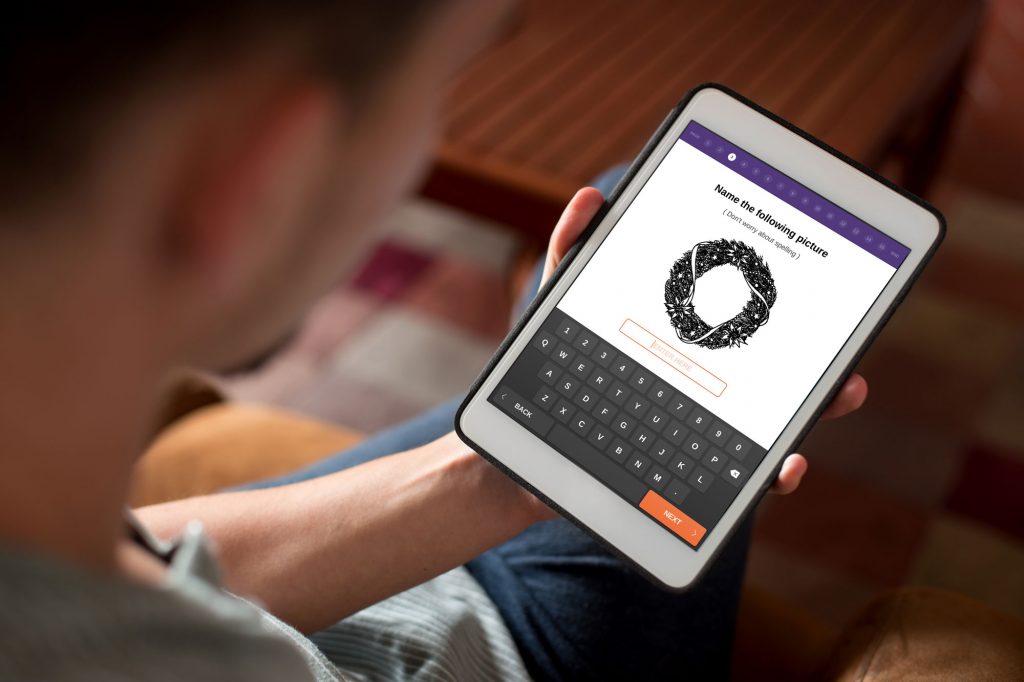Regular Testing is Your Best Hope for Detecting Alzheimer’s Early

Participating in screening for early dementia symptoms will provide most people with peace of mind about their mental state, and the many potential benefits of early diagnosis can be accessed should a condition be detected. This is a choice that should be celebrated. It can require a lot of personal growth to finally be assessed, as people may need to learn to overcome misinformation, fears, and/or barriers to access first. However, it should be clearly understood that taking a single test, while commendable, is simply not enough to adequately monitor your cognitive health.
A Matter of Time

Image via Pexels
Alzheimer’s and other types of dementia are known as neurodegenerative diseases. This means that they are associated with an abnormally increased rate of damage and death to brain cells (also known as neurons). We say the rate is “abnormally increased” because cell death is also a normal part of brain development throughout the lifespan (old neurons get replaced, unused cells are eliminated, etc.).
In younger people, the brain can quickly rebuild and recover from cell death that is caused by natural processes. As we get older, the brain becomes more prone to lasting damage because it can not rebound as efficiently. Accordingly, a moderate amount of neurodegeneration can be expected as a side-effect of aging (resulting in a typical slowing of cognitive processes and mild memory impairment), and the risk of developing a neurodegenerative disease increases as a function of time. We stress this point because many people are aware that the risk becomes significant once they reach a certain age but do not realize that it continues to increase as they get older.
Consistency is the Key
Since the brain becomes more prone to neurodegeneration with age, it is highly advisable to be evaluated for the early signs of Alzheimer’s disease and other forms of dementia at regular intervals. Once every six months is a common professional recommendation. This is the only way to ensure that an early diagnosis can be achieved if something is detected. Skipping just a single test could allow the disease to progress significantly without your knowledge, robbing you of valuable time that could have been spent enjoying life, receiving treatment, and making plans.
Attending a 30-minute appointment twice per year is not much to ask when it comes to keeping tabs on your cognitive health. Unfortunately, many people do not or cannot achieve this goal. This deficiency is likely due to a variety of barriers, like being uninformed, having trouble remembering appointments, travel restraints, physical disabilities, or a lack of access to professional services. What these people may not know, however, is that there is an alternative testing option which is perfectly suited to their situation(s).
At-Home Detection

The BrainTest® app allows users to take a cognitive test for the early detection of dementia symptoms at any time in the comfort of their own time, thus eliminating virtually all time and access barriers. Even better is the fact that subscribers are prompted to take a test whenever a new evaluation is due, which is a great workaround for people with existing memory issues or who are often distracted from taking care of themselves. All tests are assessed by a trained professional and the results are provided in a short video, so everything takes place electronically without any need for scheduling or to venture away from home. BrainTest® breaks down the barriers to regular at-home testing for signs of dementia and can help anyone to effectively monitor their cognitive health without the hassles.


